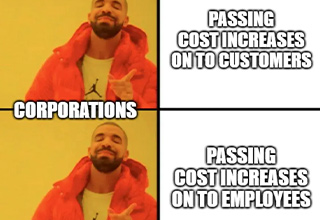
Under the recently signed bill SB10, California will become the first state to let people leave jail before trial without having to post bail. The law signed on Tuesday will mostly leave pretrial release decisions up to local judges. This decision was praised by legislative and judicial leaders, but condemned by some criminal defense advocates, as well as a large percentage of law enforcement agencies and many members of the bail-bond industry, which would be effectively eliminated with the abolition of cash bail.
Historically, the system required newly arrested defendants to put up bail (the amount was typically based on the seriousness of the charges) in order to be released while awaiting trial. Bail-bond companies and other advocates say the current bail system promotes public safety and encourages defendants to show up in court, and that abolishing this system may cause an increase of repeat offenders and / or people not showing up for their court date.
Supporters of the newly signed law say that poor people are kept in jail, sometimes indefinitely because they can’t afford to pay their way out.
A recent study showed that more than 48,000 county jail inmates in California ( 2/3rds of the incarceratedpopulation) have not yet been convicted of a crime, and most of them are being held simply because they cannot afford to post bail.
After signing the bill on Tuesday, Governor Brown was quoted as saying "This bail system reform will ensure that rich and the poor are treated fairly”.
The bill's co-author, Assemblyman Rob Bonta, said that “the bail system has allowed the wealthy to purchase their freedom regardless of their risk, while the poor who pose no danger languish in jail.”
Some critics of the bill fear that eliminating the bail system will “hand the keys to the judges,” and many fear that the new law “will result in more people being locked up.”
Bond companies charge a (nonrefundable) 10 percent fee to post bail. As of 2014, according to a study released by the Judicial Council, bail agents in California were collecting more than $308 million a year in fees.
Harmeet Dhillon, a lawyer for the California Bail Agents Association asked "Once bail is abolished, who’s going to bring people back to court when they don’t show up?". Dhillon said bond companies “would welcome some reforms to the current bail law without eliminating it.”






16 Comments